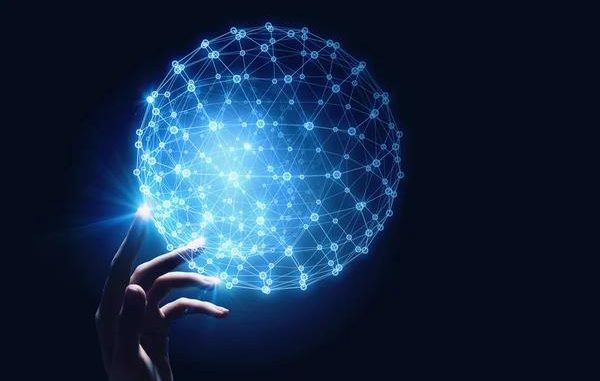
Artificial Intelligence (AI) has undoubtedly transformed the way we live, work, and interact. It has revolutionized various sectors such as healthcare, finance, and transportation with its ability to analyze vast amounts of data quickly and accurately. One of the key components of AI is neural networks – a set of algorithms modeled after the human brain that are designed to recognize patterns.
Neural networks help machines interpret sensory data through a kind of machine perception, labeling or clustering raw input. They can recognize numerical patterns contained in vectors, into which all real-world data – images, sound, text or time series must be translated. This technology allows AI systems to learn from experience, improve their performance and make predictions.
However, as beneficial as this technology may be in numerous areas like predictive analytics or personalized recommendations; it raises significant privacy concerns. The more information these create image with neural network networks process about us – our behaviors, preferences or activities – the more they know about us.
Every time we use an app on our phone or browse a website on our computers; every online purchase we make; every digital interaction we have leaves behind a trail of data that is collected and analyzed by AI systems powered by neural networks. These systems build comprehensive profiles about us based on this digital footprint. They know our likes and dislikes; they predict our future actions based on past behavior; they even infer personal attributes that we never explicitly revealed.
This extensive knowledge about individuals presents two major issues: first is the potential for misuse of this information by malicious actors leading to identity thefts or frauds; second is the invasion into personal space without explicit consent from users.
Moreover, there’s also concern around algorithmic bias where these AI systems might inadvertently discriminate against certain groups because they’re trained on biased data sets reflecting existing prejudices in society. This could lead to unfair outcomes in critical areas like job recruitment or loan approvals.
Despite these concerns though it’s important not to overlook the immense benefits that AI and neural networks bring. They have the potential to solve some of the most complex problems faced by humanity, from climate change to curing diseases.
Therefore, what’s needed is a balanced approach where we leverage the power of AI and neural networks while ensuring robust privacy protections. This could be achieved through stringent data protection regulations, transparent data practices, and use of privacy-preserving technologies like differential privacy or federated learning that allow AI systems to learn from data without exposing sensitive information.
In conclusion, as we continue to integrate AI into our lives, it’s crucial that we remain vigilant about our digital footprint. We must strive for a future where technology serves us but does not know more about us than we’re comfortable with sharing.

Leave a Reply